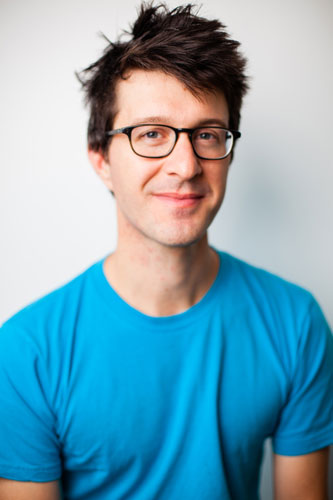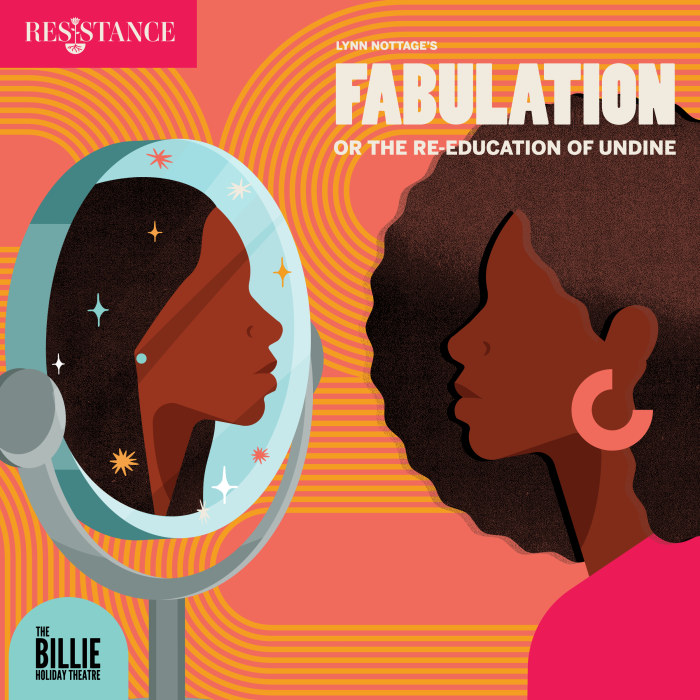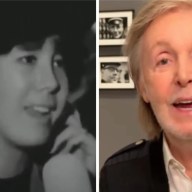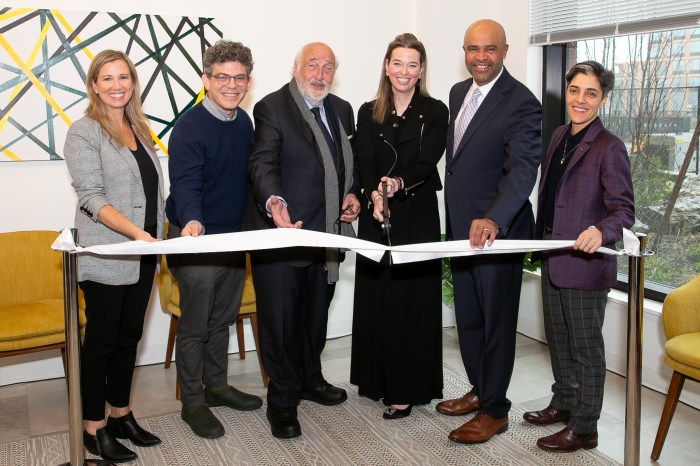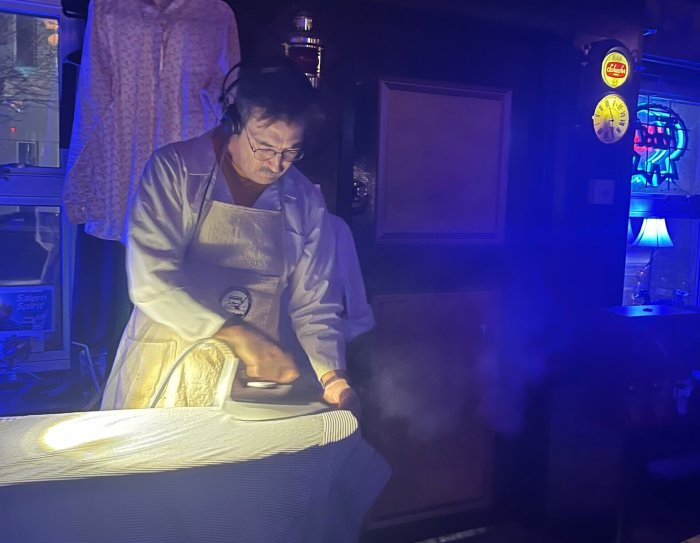Matchmaker, matchmaker, make me an online match!
Williamsburg resident Christian Rudder is the co-founder of dating website OkCupid, and also the author of the new book “Dataclysm: Who We Are (When We Think No One is Looking),” which looks at just how much we can learn about people and their personal lives from their online data.
The book was inspired by his blog OkTrends, where he mines OkCupid data to reveal often strange information about dating and sex. Using love-seekers’ demographic information and personality tests, Rudder has been able to draw some surprising correlations — for instance, that vegetarians are more likely to enjoy giving oral sex, or that people who like the taste of beer are more likely to have sex on the first date.
In July, Rudder ruffled some feathers with an OkTrends post titled “We Experiment on Human Beings!” In the missive, Rudder reveals, and defends, the fact that OkCupid has used its users as unwitting guinea pigs, playing with the kind of information receive to see how they react. In one particularly controversial experiment, OkCupid told some pairs of users they were more compatible than their own algorithm actually indicated was the case. Rudder wanted to know if this would affect a person’s perception of someone who wasn’t — by the site’s calculations — a good match. It did — but some critics weren’t impressed to learn how he had gone about testing the theory.
Rudder will be at Word bookstore in Greenpoint on Sept. 11 to read from “Dataclysm” and answer all your burning questions about love in the age of Instagram. The Brooklyn Paper caught up with the online Yenta ahead of the event to chat about the book and get the real story behind his human experimentations.
Noah Hurowitz: Is there anything in the book that might surprise people?
Christian Rudder: The thing that surprises people in the book seems to be different every time, but a lot of what you can tell from the data is stuff that is kind of like a cynic’s intuition. Some people take it for granted that straight male users only want to date really young women but then have to compromise on who they date, but some people are shocked by that fact. Some people take it for granted that there is a very clear racial bias in messaging patterns on OkCupid, and some people are surprised. There hasn’t been a uniform answer to that question. Just generally I tried to stay away from the counter-intuitive “mind freak” big bomb thing.
NH: “You’ll never believe this fact!”
CR: Right, exactly. Obviously there is some of that in the book, but I’m really trying to make a broader statement than that.
NH: So tell me about the social experiment that people got so up in arms about.
CR: We announced it on our blog, which is kind of cavalier and humorous, and a lot of people who didn’t know that context — because it was the first blog post in several years, they didn’t know that every post on the blog is sort of provocative — read that tone [incorrectly] than we intended for sure.
I think the uproar, such as it was, was a good thing. These kinds of tweaks, especially to the algorithm, this is different from a fact. It’s not like we’re telling gay users that other people are straight when they’re not, or changing people’s ages. Really we’re just testing our best guess about something. Sites do that kind of thing all the time, it’s how you get better. So if the uproar has made people more aware, then that’s just kind of how it works.
NH: When did you first realize the data collecting machine that OkCupid could be?
CR: Every website with a certain level of popularity realizes it has some interesting data on its hands, it just comes with the territory, because computers store things. But we realized the data would be sort of interesting to read about in 2009, when we started writing about it on our blog, and that was popular, and evolved into the book.
NH: Right, because you guys collect more salacious data than other people.
CR: I mean, the data itself is not that salacious. It’s people’s age, race, gender, orientation, etc. That in itself is not necessarily salacious, but the context of a data site — people are looking for love, looking for sex — so that adds a certain chargedness to the thing for sure. The data itself, I mean obviously we don’t know who is having sex, we don’t want any access to people’s bedrooms.
NH: Have many users unloaded their OkCupid experiences on you — good or bad?
CR: Oh yeah, of course. I mean, honestly it’s too many to pick out, but usually it’s like, “I had a really bad date, or, “I met my husband on OkCupid.” Look, I’ll be the first to admit that there have been many horrible dates that have come from OkCupid. One hundred percent, there’s no reason to back away from that. But there are horrible dates that come from every possible way of meeting people. But there also plenty of stories of marriages and kids. Plenty of people in this office met their wife or husband on OkCupid, or have children with someone from OkCupid.
NH: That must be dizzying — that something you created has resulted in children.
CR: Yeah, it’s a weird thing. Online dating is very unique in that way. Like, you’re changing the genetic structure of the world, which is kind of wild.
Christian Rudder read from “Dataclysm” at Word [126 Franklin St. between Milton and Noble streets, (718) 383–0096, www.wordbookstores.com]. Sept. 11 at 7 pm. Free.


